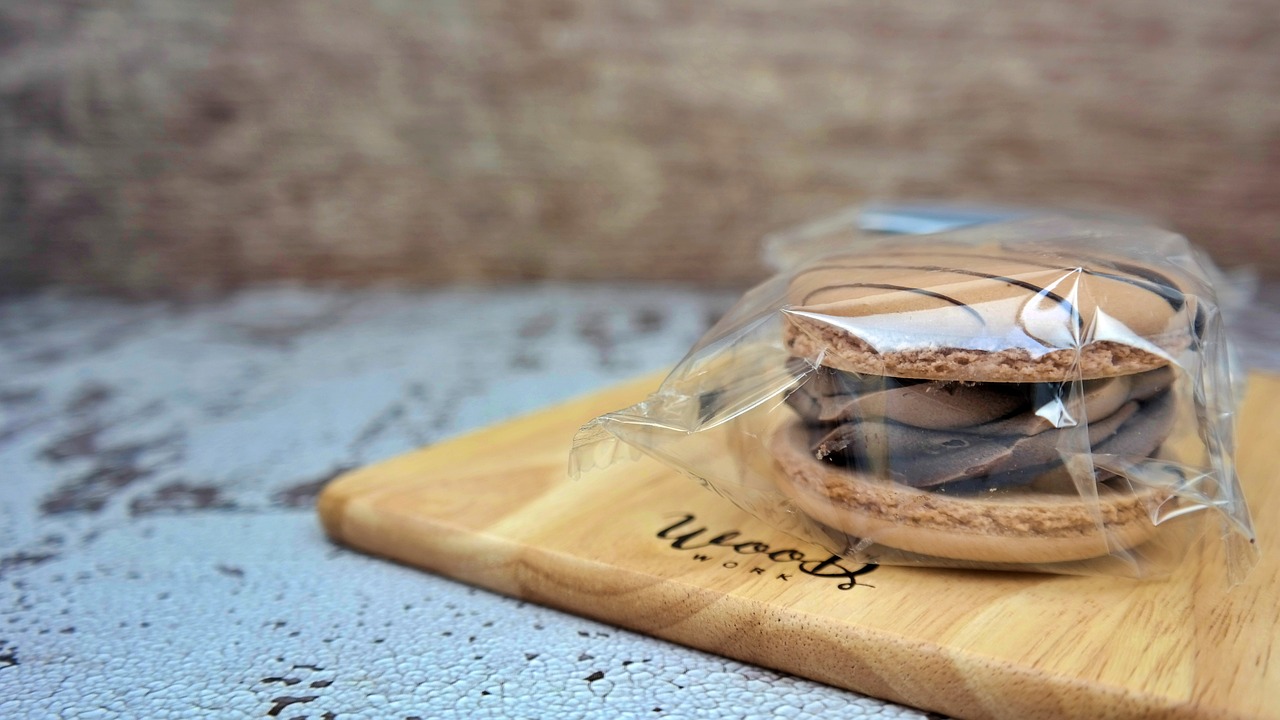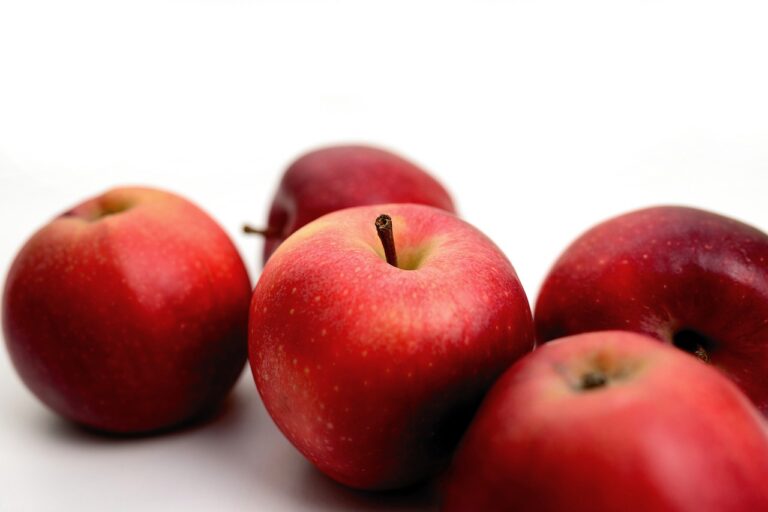The Role of Sustainable Practices in Olive Oil Production: 11xplay reddy login id and password, Laser247. Com cricket, Sky live casino
11xplay reddy login id and password, laser247. com cricket, sky live casino: Olive oil production plays a significant role in the agriculture industry, especially in Mediterranean countries where olive trees are abundant. However, the traditional methods of olive oil production can have a negative impact on the environment. As consumers become more conscious of sustainability, it is essential for olive oil producers to adopt sustainable practices in their production processes.
Sustainable practices in olive oil production are crucial for several reasons. They help reduce the environmental impact of production, conserve natural resources, and ensure the long-term viability of the olive oil industry. By implementing sustainable practices, olive oil producers can also improve the quality of their products and enhance their reputation among consumers who are increasingly seeking out eco-friendly products.
One of the key ways in which olive oil producers can adopt sustainable practices is by using organic farming methods. Organic farming eschews synthetic pesticides and fertilizers, relying instead on natural methods to control pests and improve soil health. By avoiding harmful chemicals, organic farming helps protect biodiversity, reduce soil erosion, and preserve water quality.
Another important aspect of sustainable olive oil production is water management. Olive trees require a significant amount of water to thrive, and improper irrigation practices can lead to water wastage and soil degradation. By implementing efficient irrigation systems and using water-saving techniques, olive oil producers can reduce their water footprint and minimize the impact of their operations on local water resources.
In addition to organic farming and water management, sustainable olive oil producers should also focus on energy efficiency and waste reduction. By using energy-efficient equipment, such as solar-powered machinery, and implementing recycling and composting programs, producers can minimize their carbon footprint and reduce the amount of waste generated during the production process.
Overall, the role of sustainable practices in olive oil production is crucial for the long-term sustainability of the industry. By adopting environmentally-friendly practices, olive oil producers can minimize their impact on the environment, improve the quality of their products, and meet the growing demand for sustainable and ethically produced olive oil.
**Sustainable Practices in Olive Oil Production**
1. **Organic Farming Methods**
2. **Water Management**
3. **Energy Efficiency**
4. **Waste Reduction**
5. **Biodiversity Conservation**
6. **Social Responsibility**
As consumer awareness of sustainability grows, more and more people are seeking out products that are produced in an environmentally responsible manner. By implementing sustainable practices in olive oil production, producers can not only meet this demand but also contribute to the long-term health of the environment and the industry as a whole.
**FAQs**
1. What is the importance of sustainable practices in olive oil production?
Sustainable practices help reduce the environmental impact of production, conserve natural resources, and ensure the long-term viability of the olive oil industry.
2. How can olive oil producers adopt sustainable practices?
Producers can adopt sustainable practices by using organic farming methods, implementing efficient water management techniques, focusing on energy efficiency and waste reduction, and promoting biodiversity conservation.
3. What are some benefits of sustainable olive oil production?
Benefits of sustainable olive oil production include improved product quality, enhanced reputation among consumers, reduced environmental impact, and long-term sustainability of the industry.
4. How can consumers support sustainable olive oil production?
Consumers can support sustainable olive oil production by seeking out products that are certified organic, produced using sustainable practices, and sourced from environmentally responsible producers.







